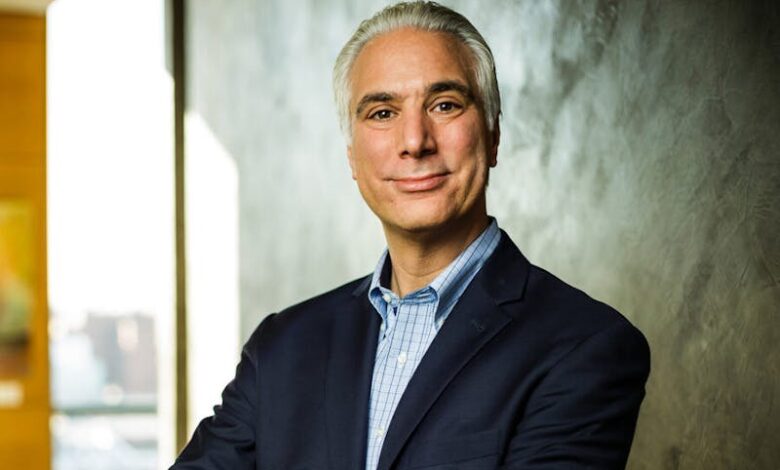Wharton professor launches podcast focusing on artificial intelligence, interviews with experts

Kevin Werbach, the chair of Wharton’s Legal Studies and Business Ethics department, recently launched a podcast where he interviews experts and executives building accountable artificial intelligence systems.
Werbach started the podcast, called “The Road to Accountable AI,” with the intention of reaching a broader audience beyond Penn’s campus and engaging with experts in the AI industry. He expects the podcast’s audience to consist of people who are both directly involved in AI development and deployment, as well as those less involved but curious about AI.
In an interview with The Daily Pennsylvanian, Werbach spoke of the breadth of organizations approaching AI policy, saying that the name of the podcast was “designed to emphasize that all kinds of organizations are on a journey towards AI systems that are ethical, safe, responsible, and they are developing a variety of techniques and insights to get there.”
Werbach said that his experience as a legal scholar at Wharton has given him a strong foundation to see the connection between law and business.
“I think that’s really what’s critical here — not just the formal structure of the legal requirements, but how it’s actually going to impact what companies are doing as they go forward and develop and implement AI,” he said.
Eric Bradlow, Vice Dean of Analytics and Chair of the Marketing Department at Wharton, said that he was interested to hear Werbach’s thoughts on how AI accountability and responsibility can enhance firms’ actions.
Bradlow emphasized the implications of AI and the importance of AI transparency and accountability.
“AI is actually something that is going to change the face of business. It’s going to change the face of research. It’s going to change the face of education,” he said.
Wharton senior Julia Shelanski, who is working as a research assistant and producer for the podcast, said that she took on the role to better understand the ethical implications of AI and hear from industry leaders who are responsible for bringing AI into institutions.
Shelanski said that her involvement in the podcast has reaffirmed her desire to work in the field of AI, and that her biggest takeaway has been that accountability is going to be the differentiator for organizations using AI.
“It [the podcast] has really taught me that rather than just implementing a model, understanding the why and the drivers are so critical to be able to evaluate its outcomes and to be able to mitigate the risks,” she said.
Shelanski highlighted the question Werbach usually ends his podcasts with — what the future’s most important trends will be — and how insightful she finds it to think of the future in terms of those conversations.
The podcast’s upcoming episodes will feature individuals who are leading responsible AI initiatives at major companies, including Amazon Web Services, Salesforce, Telefonica, and Walmart. It will also feature conversations with leading advisors to companies on AI ethics and responsibility, such as Olivia Gambelin and Navrina Singh, who runs Credo AI.
Werbach said that he grew committed to doing the podcast in order to fulfill what he believes will be a large demand for AI experienced labor caused by the new wave of regulation.
“It’s going to be a massive demand and again, there are hardly any people who have long standing experience in the area,” Werbach said.
The Daily Pennsylvanian is an independent, student-run newspaper. Please consider making a donation to support the coverage that shapes the University. Your generosity ensures a future of strong journalism at Penn.



